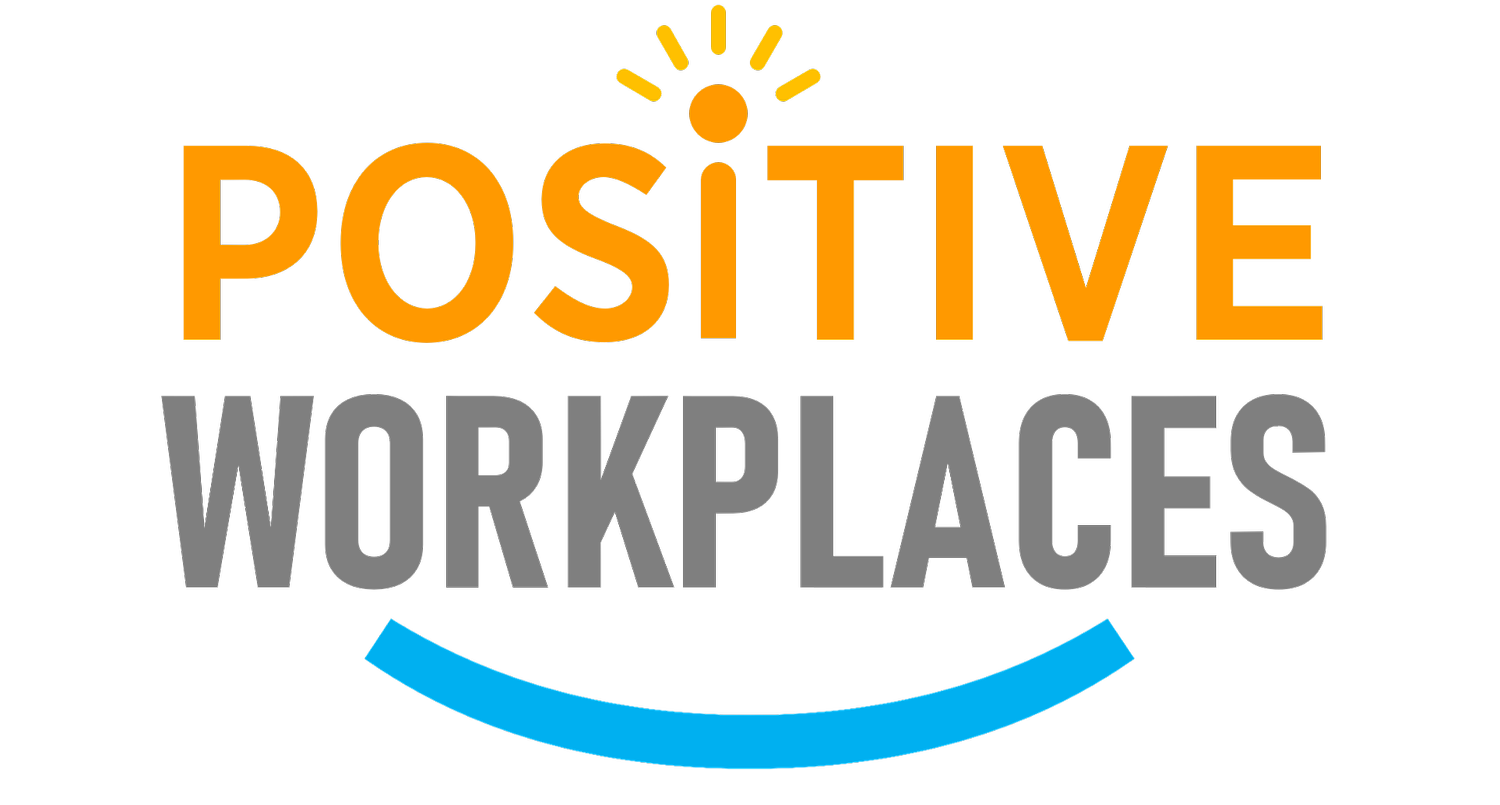Negative Emotions: Self-Conscious Emotions at Work
Have you ever felt jealous over a few compliments a colleague has received for their performance and wondered why you haven’t gotten as many compliments yourself? Have you ever finished a day at work and felt envious over the new bag or watch an officemate bought with their recent pay raise? Have you ever messed up an important project, forgotten to deliver a key material, or miscommunicated a report and felt like you just wanted to shrink, hide, and disappear out of embarrassment?
We’ve all probably encountered a situation similar to the ones mentioned above at least once in our lives. Be it at home, school, at work, or in public, these instances create more negatively charged emotions and perceptions of ourselves and others to rise to the surface of our consciousness. However, we rarely get to ask ourselves, ‘Is it healthy/unhealthy to feel this way?’
More often than not, such thoughts and emotions such as these are immediately dismissed as ‘inappropriate’ or ‘misguided’. Often, especially in the workplace, discussing--or even feeling--these certain emotions are considered ‘taboo’ due to their more ‘negatively charged’ nature.
We’ve talked about positive emotions and their merits; however, we have to acknowledge that these negative emotions--or rather, these self-conscious emotions--are just as important. Understanding their nature, why we feel them, and how to deal with them could help us become more empathetic people and increase our emotional intelligence overall.
What are Self-Conscious Emotions?
As opposed to positive emotions which seek to enhance our experiences of life, these ‘negative’ or self-conscious emotions have a critical role in regulating a large amount of our thoughts, feelings and behaviors (Fischer and Tangney, 1995). We tend to avoid social disapproval or rejection--situations that can cause us to feel guilt, shame, embarrassment and the like. We don’t want to feel uncomfortable. Instead, we choose to seek situations that broaden and build our perspectives. However, we unconsciously also organize our social lives in order to regulate the extent to which we feel these negative emotions in order to protect ourselves from discomfort.
Self-conscious emotions are cognition-dependent (Izard, Ackerman, and Schultz, 1999), meaning we have to reach a certain point of maturity in order to recognize and acknowledge them (Harter, 1999; Lewis et al., 1989; Tangney and Fischer, 1995). These emotions utilize our self-concept (our sense of self) and either cause us to be more critical of self-perceptions or more judgmental of ourselves in relation to others.
Two key processes affect how we feel self-consciousness and self-conscious emotions.
SELF-EVALUATION is the act of assessing ourselves with respect to internalized or imposed standards and norms (Lewis, 2000). From our early childhood, we were already taught many ‘rules’, practices, standards, and other similar cultural norms. Self-evaluation compares ourselves to these norms in order to assess whether we’re performing well or not relative to those standards.
SOCIAL COMPARISON, on the other hand, involves our evaluations of ourselves and comparing them with our evaluations of others. From an early age as well, we subconsciously evaluate how intelligent, wealthy, attractive, and appealing others are and wonder how we are compared to them (Mussweiler, Rüter, and Epstude, 2004). It is through these assessments that we become self-conscious and feel self-conscious emotions.
Why Is It Important to Understand Our Self-Conscious Emotions?
As much as we want to focus on building our strengths, channeling our positive emotions, and maximizing our energy, understanding our and others’ self-conscious emotions can help us become better people too.
Here are some benefits of understanding our self-conscious emotions:
Builds Empathy. Empathy allows us to recognize others’ emotions and perspectives. By becoming more empathetic, we become more understanding and sensitive towards others’ situations and needs.
Improves Emotional Intelligence. By improving our ‘social skills’ or our ability to make sense of, interpret, and express our emotions, we learn to communicate and interact in productive and healthy ways. We also learn to become more emotionally intelligent leaders and exert positive influences onto others.
Helps Resolve Conflict. Managing difficult people at work has always been a ‘taboo’ issue, yet not a lot of us know how to deal with it when it happens. Understanding our own faults and self-conscious emotions alongside others’, we manage to respect each others’ sentiments and learn how to approach issues holistically.
It’s easy to overlook and feel bad about ourselves whenever we feel self-conscious. Sometimes, our own self-evaluations can be harsh. Sometimes, comparing ourselves to others puts us down. However, we should always remember that our emotions are always trying to tell us something: all we need to do is listen.
We discuss self-evaluative and social comparison emotions in-depth here.
References:
Fischer, K., & Tangney, J. (1995). Self conscious emotions: Shame, guilt, embarrassment, and pride. Nova York: Guilford. doi:10.1002/0470013494.ch26.
Harter, S. (1999). The construction of the self: A developmental perspective. New York: Guilford Press. doi:10.5860/choice.37–1226.
Izard, C. E., Ackerman, B. P., & Schultz, D. (1999). Independent emotions and consciousness: Self-consciousness and dependent emotions. In J. A. Singer & P. Singer (Eds.), At play in the fields of conscious-ness: Essays in honor of Jerome L. Singer (pp. 83–102). Mahwah, NJ: Lawrence Erlbaum Associates.
Lewis, M. (2000a). The emergence of human emotions. In M. Lewis & J. M. Haviland-Jones (Eds.), Handbook of Emotions (2nd ed., pp. 265–280). New York: Guilford Press.
Lewis, M., Sullivan, M. W., Stanger, C., & Weiss, M. (1989). Self-development and self-conscious emotions. Child Development, 60(1), 146–156. doi:10.2307/1131080.
Mussweiler, T., Rüter, K., & Epstude, K. (2004). The ups and downs of social comparison: Mecha- nisms of assimilation and contrast. Journal of Personality and Social Psychology, 87, 832–844. doi:10.1037/0022–3514.87.6.832.
Tangney, J. P., & Fischer, K. W. (Eds.). (1995). Self-conscious emotions. New York: Guilford Press.











